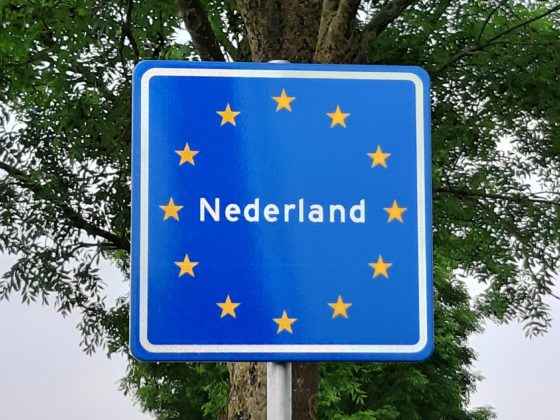Border checks on the basis of ethnicity are not discriminatory, court says


Dutch order police can continue selecting people for extra identity checks on the basis of their ethnicity because this does not amount to discrimination, a court in The Hague ruled on Wednesday.
The judge said that while there is no clear definition of what ethnicity is, it broadly amounts to ‘outward appearances which cannot be changed, such as skin colour or race’. These characteristics, the judge said, could give rise to people being checked.
‘The mere fact that ethnicity plays a role… is not by definition discriminatory and cannot therefore constitute grounds for a general ban,’ the judge said.
The case centres on checks carried out by the border police on air and train passengers, and road users from within the EU. Formal border controls have been phased out within the EU but spot checks are sanctioned in order to combat illegal immigration.
The case was brought by Amnesty International and other human rights organisation, as well as two citizens, including Mpanzu Bamenga, a former Eindhoven city councillor.
Conference
He was singled out for special questioning at passport control at Eindhoven airport after returning from Rome where he had attended a conference. Dressed in a suit, he was walking fast, other indicators, it later transpired, for resembling a ‘Nigerian money smuggler’.
When he asked why he had been pulled over Bamenga was told that they were looking for criminals and refugees. He thought he looked like someone the police were looking for, but when a another black man and woman with children were also taken out of the queue, he realized it was a clear case of ethnic profiling.
‘It made me angry,’ he told RTL Nieuws at the time. ‘Ethnic profiling is not about me personally, it affects many people.’
Risk profiles
Junior justice minister Ankie Broekers-Knol told MPs last week that the border police work with risk profiles based on information from the security services, as well as other risk indicators. These could include race and the travel companions as well as behaviour and travel routes.
Lawyer Jelle Klaas, who represented the plaintiffs in court, said the verdict is a missed opportunity for the Netherlands. ‘The door to discrimination and racism remains wide open,’ he said.
Klaas said the plaintiffs will appeal against the decision.
Thank you for donating to DutchNews.nl.
We could not provide the Dutch News service, and keep it free of charge, without the generous support of our readers. Your donations allow us to report on issues you tell us matter, and provide you with a summary of the most important Dutch news each day.
Make a donation